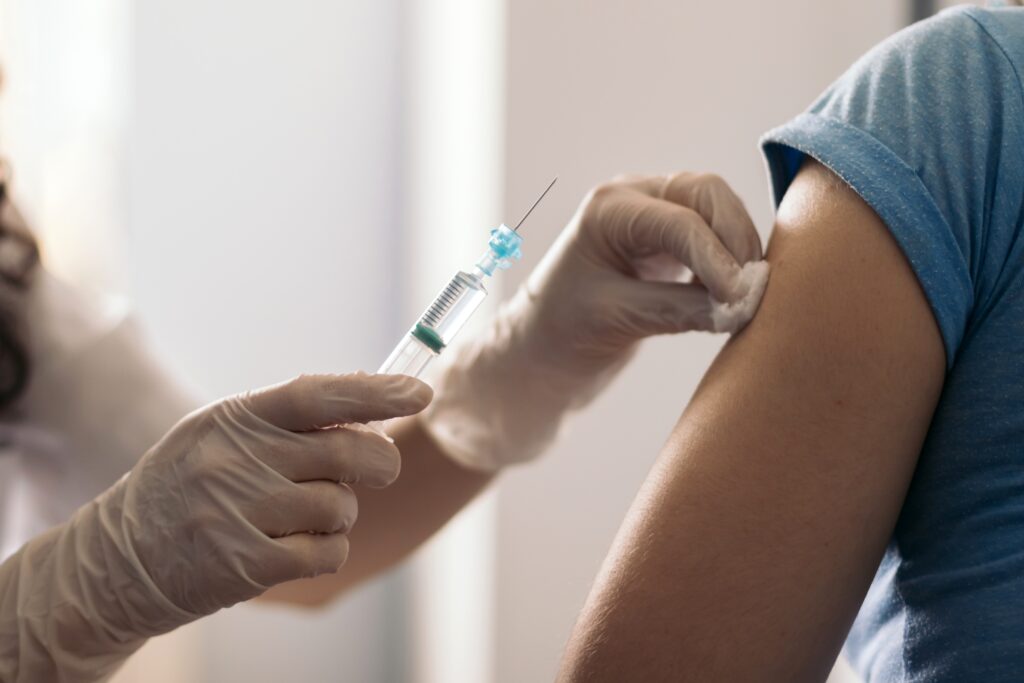A pioneering global systematic review has revealed that the shingles vaccine may significantly reduce the risk of cardiovascular events such as heart attacks and strokes. The research, presented at the European Society of Cardiology conference in Madrid, found that vaccination against herpes zoster was associated with an 18% lower risk of stroke or heart attack in adults aged 18 and older, and a 16% reduction in those over 50.
The study reviewed data from 19 trials and observational studies, marking the first large-scale analysis of its kind. Experts suggest that by preventing shingles — which can trigger inflammation, a key factor in heart disease — the vaccine may provide protective cardiovascular effects. While the findings support a growing body of evidence linking vaccinations with heart health, researchers emphasize that more studies are needed to establish a direct cause-and-effect relationship, particularly in younger adults.
The results arrive as NHS England expands shingles vaccine eligibility, with 300,000 more people set to qualify, including immunocompromised adults aged 18–49. If further research confirms the protective effects, the vaccine could play a broader role not just in preventing shingles, but also in reducing the global burden of cardiovascular disease.


